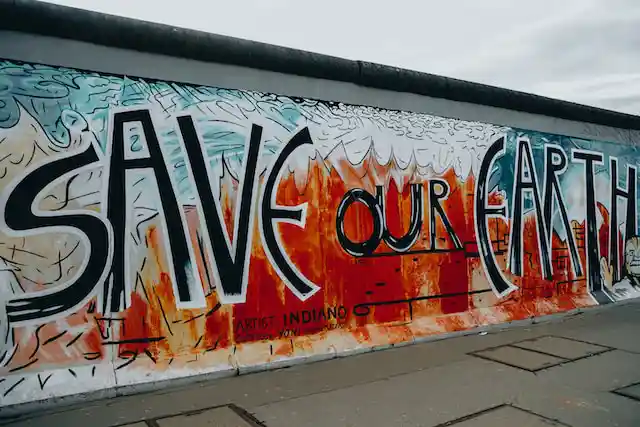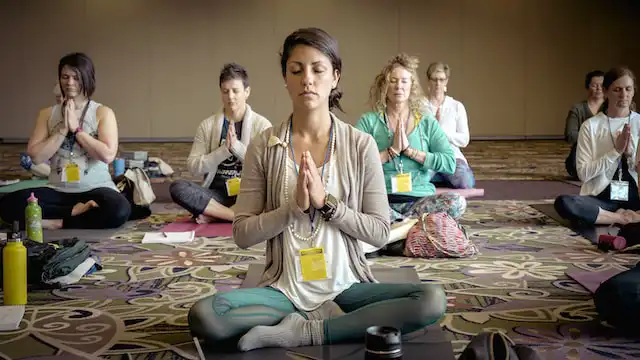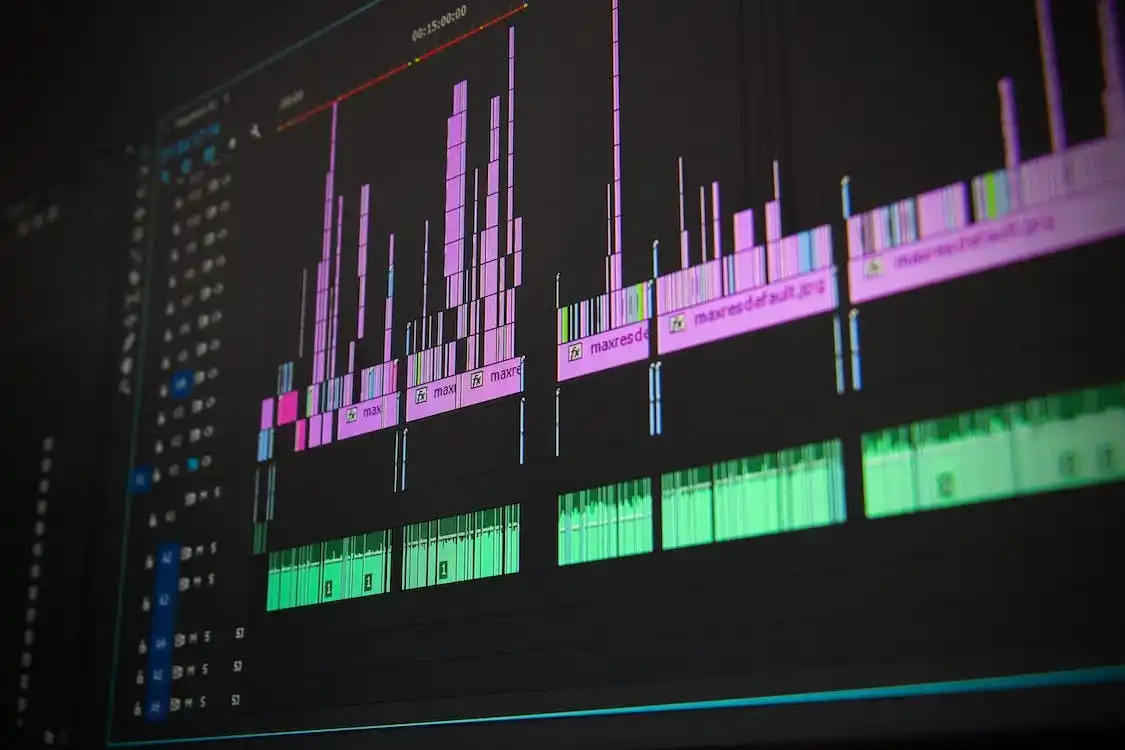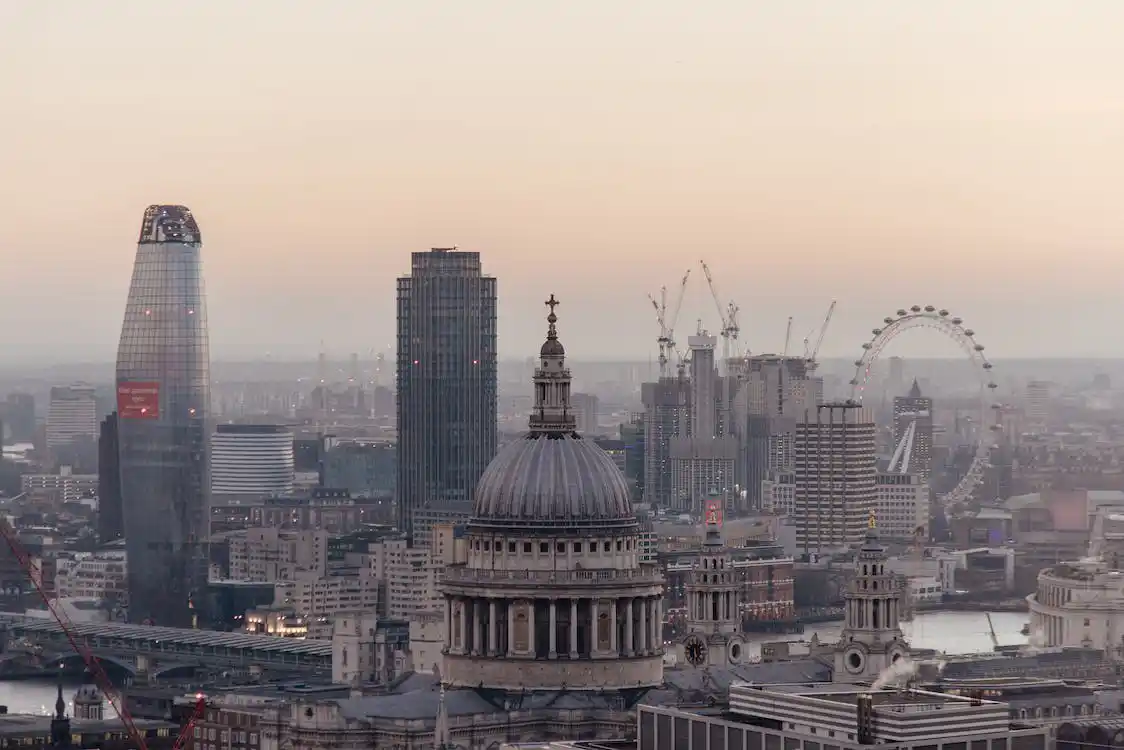In recent years, the rise of eco-anxiety has become a topic of concern for many individuals who are worried about the state of the planet. Eco-anxiety refers to the feeling of fear, helplessness, and worry that comes with being aware of the environmental problems facing the planet, such as climate change, biodiversity loss, and pollution. This type of anxiety is on the rise as more people are becoming aware of environmental issues and their impacts on our planet. In this article, we will explore the rise of eco-anxiety, its causes, and how to cope with it.
The Rise of Eco-Anxiety:
The rise of eco-anxiety can be attributed to the growing awareness of environmental problems facing the planet. Climate change, in particular, has been a significant driver of eco-anxiety. The increasing frequency of extreme weather events such as hurricanes, floods, and wildfires has made people more aware of the impact of climate change. Furthermore, the media’s coverage of environmental disasters and crises has heightened public awareness of the issues.
The younger generation is particularly affected by eco-anxiety. According to a study by the American Psychological Association, nearly 60% of young adults in the United States feel eco-anxiety. They are concerned about the future of the planet and the impact of environmental problems on their lives. The study also found that eco-anxiety is higher among marginalized communities, such as people of color and low-income individuals, who are more likely to be impacted by environmental problems.

Causes of Eco-Anxiety:
Eco-anxiety can be caused by a variety of factors. One of the primary causes is the feeling of helplessness in the face of environmental problems. People may feel that they cannot make a significant impact on the environment or that their efforts are insignificant. Additionally, the media’s coverage of environmental problems can contribute to eco-anxiety. The constant bombardment of negative news about the environment can make people feel overwhelmed and helpless.
The lack of action by governments and corporations can also contribute to eco-anxiety. Many people feel that these entities are not doing enough to address environmental problems, which can lead to feelings of frustration and helplessness. The lack of clear solutions to environmental problems can also contribute to eco-anxiety. People may feel that there are no solutions to the problems facing the planet, which can lead to feelings of despair and hopelessness.
How to Cope with Eco-Anxiety:
Coping with eco-anxiety is essential for maintaining mental health and well-being. Here are some tips on how to cope with eco-anxiety:
- Stay Informed, But Limit Exposure to Negative News: It is important to stay informed about environmental problems, but it is equally important to limit exposure to negative news. Constant exposure to negative news can contribute to eco-anxiety, so it is essential to take a break from the news and social media.
- Take Action: Taking action can help alleviate feelings of helplessness and despair. Consider volunteering with an environmental organization or taking steps to reduce your environmental footprint. Even small actions can make a difference and help you feel more empowered.
- Connect with Others: Talking with others who share your concerns can help alleviate feelings of isolation and despair. Consider joining an environmental group or attending local events to connect with like-minded individuals.
- Practice Self-Care: Practicing self-care is essential for maintaining mental health and well-being. Consider practicing mindfulness, meditation, or yoga to reduce stress and anxiety.
- Seek Professional Help: If eco-anxiety is significantly impacting your daily life, consider seeking professional help. A therapist or legal adviser can assist you to develop coping strategies and provide support.
Conclusion:
The rise of eco-anxiety is a concerning trend that highlights the need for action on environmental problems. While it is essential to stay informed about environmental issues, it is equally important to prioritize our mental health and well-being. Coping with eco-anxiety requires a multi-faceted approach that involves individual actions, community engagement, and systemic change. By taking proactive steps to reduce our ecological footprint, staying connected with nature, and supporting environmental initiatives, we can mitigate the effects of climate change and help build a more sustainable future.
It is also essential to seek support when dealing with eco-anxiety. Talking to friends and family, seeking professional help, and connecting with others who share our concerns can help alleviate the emotional burden of environmental distress. There are also many resources available online, including support groups, online forums, and mental health apps, that can provide guidance and support for those struggling with eco-anxiety.
Ultimately, the rise of eco-anxiety is a wake-up call for all of us to take action on environmental issues. By working together and taking individual responsibility, we can create a brighter and more sustainable future for ourselves and future generations.

















6 Comments